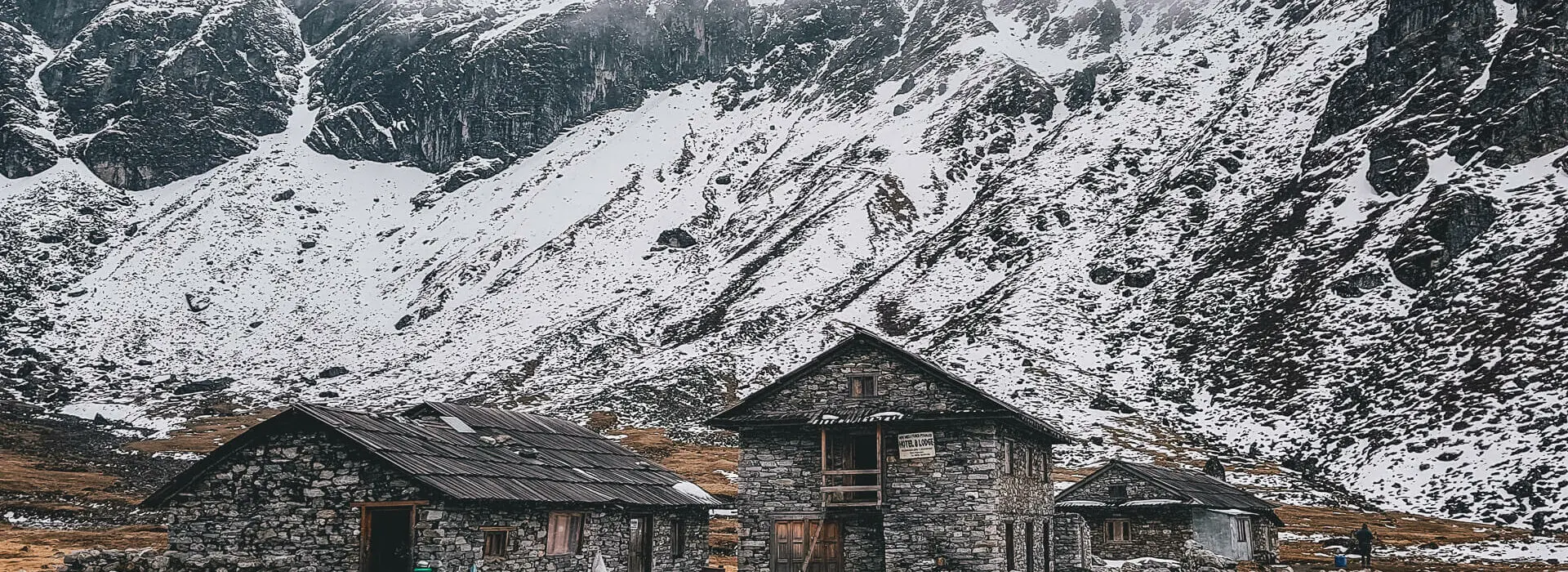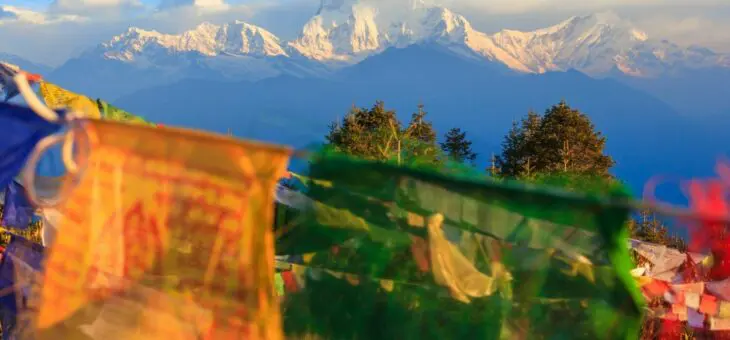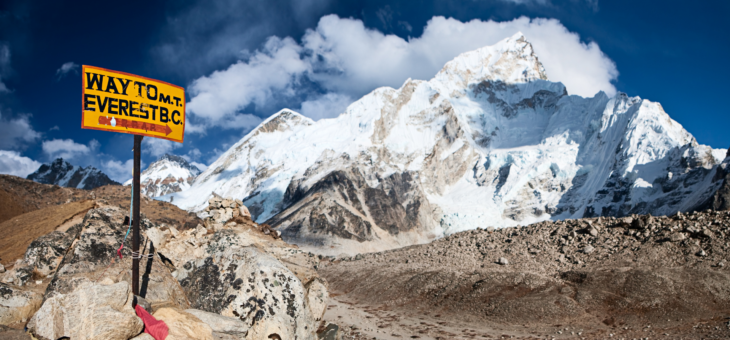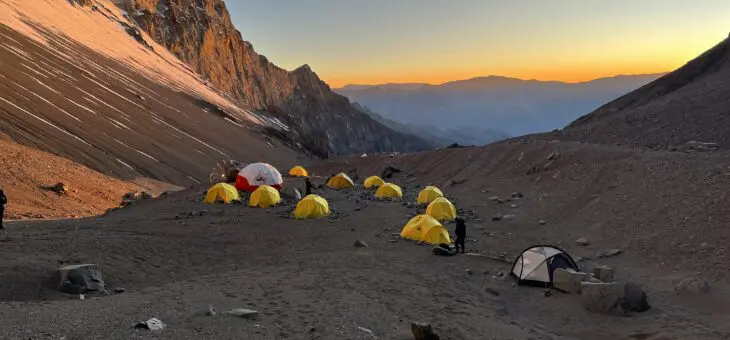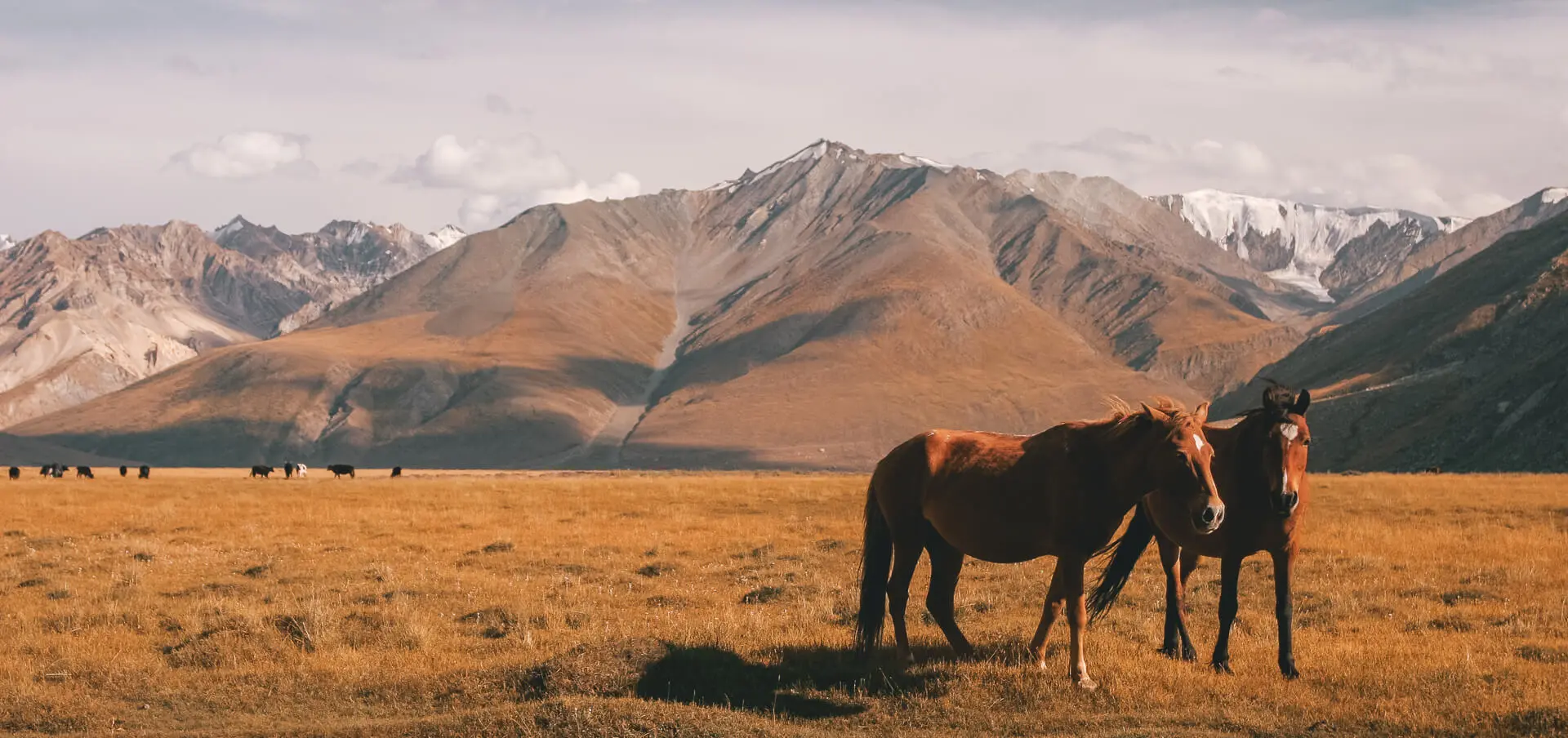The capital city of Kathmandu is bustling and densely populated with intriguing culture, peaceful people and exotic religions at every turn. Despite the ubiquitous abject poverty and pollution in Nepal, the people are happy and friendly. The city is a reminder of the resilience of humanity and how lucky most people in Western societies are in comparison.

It’s a fascinating city but the inescapable air pollution and litter are major problems. The EPI recently found Nepal to have the worst air pollution in the world. It was interesting to note that despite the manic traffic and lack of infrastructure many city roads were dirt tracks, with no traffic lights evident. The traffic on the most part seemed to move along without any fuss.

Taking action to tackle the pollution in Nepal
As a Tallaght Litter Mug, I was interested to see how the city managed its waste and unsurprisingly there was a lot of litter but the sheer scale of the issue was unexpected. There are continual waste management issues in the city but to experience how young and old sifted through it looking for scraps of food and recyclable materials was a shock. People processed the waste in filthy conditions on the side of the street, without any gloves and often in flips flops.

I couldn’t resist the opportunity to carry out a clean-up myself, with the main aim of raising awareness back in Ireland. If you would like to get involved in regular litter clean-ups in Sean Walsh Park, Tallaght, please register your interest at the Litter Mug website or facebook page. If you would like to take part in clean-ups nationally, check out the National Spring Clean and Clean Coasts websites.

Everest Base Camp pollution
The expected filthy Everest trek never materialised, which was a huge relief, especially having just come from Kathmandu. In its place was a stunningly beautiful trek, with jaw-dropping scenery that never got old. Recent reports have suggested that over-congestion and climate change have made ice-falls in the region much riskier for mountaineers attempting to summit the world’s highest peak. This is substantiated by the knowledgeable Sherpas who guided our expedition.
The always smiling Vempa Sherpa said that he noticed that the glaciers were melting quicker than before. He noticed raising humidity levels, the lakes increasing in size, and less flora and fauna. All of these are factors in rising levels of flooding as well as increased avalanche and mud-slide risk.

These are a real worry for tourism and those dependent on business from passing hikers. In a later conversation, our leader Darwla Sherpa said: “the warm season is warmer and the winter has especially become warmer, this affects water supplies to the rivers”. These rivers are a lifeline to the region’s agriculture, with lakes of meltwater increasing flooding risks.
Kunga Sherpa agreed, saying “It’s definitely hotter than before, with glaciers melting easier. Spring now has much bigger meltwater river-flows, with summer providing much less water”. Even the location of Everest basecamp itself has moved, in part due to receding glaciers caused by climate change and the pollution in Nepal.
Local schools in Nepal
Several days after the amazing trek to Everest basecamp and the challenging ascent of the stunning Kala Patthar, 5,550M (which gave unbridled sunrise views of mountains Everest, Nuptse, Changtse and Lhotse), Vempa Sherpa kindly brought me to his former primary school in Lukla. We met the school principal, to whom I gave some school stationary to and we exchanged email addresses. We are hoping to set up cultural exchanges and share stories of environmental efforts between Green School & Climate Ambassador School Scoil Mhuire, Buncrana and Nepal.
Although the school in Lukla was a comparatively well-resourced school, it was a basic school by Western standards and relied heavily on altruistic contributions. These are in part being used to expand and rebuild the school after the devastating earthquake in 2015.

Afterwards, as we sipped black tea in a local café and discussed local politics and the Sherpa’s hopes and dreams. I was struck by the indomitable spirit that is part and parcel of their make-up. Their pride in providing a quality service as mountain guides is apparent. This feeds into their ambition to make their community better than it was before the earthquake struck.
Trek basecamp for yourself
This was a trip of a lifetime and I would urge anyone interested in seeing the area to do so as soon as they can, as the ice is receding and most local glaciers are expected to disappear by the end of the century. Your badly needed money will also help this poor country rebuild and sustain itself. You might consider offsetting any carbon emissions from your trek by choosing a scheme such as the UN’s carbon offsetting programme.
I chose Earth’s Edge to go to Base Camp with because they’re a sustainable and ethical company. They ticked every box for me, making sure I had a very enjoyable trip while making sure we had a minimal impact on the environment while also ensuring the Sherpas and Yaks were well looked after. It was a challenging but ultimately inspiring and life-affirming trip, and I am so fortunate and grateful to have had the opportunity to experience it first-hand while meeting like-minded people.

If you would like to learn more about climate change and how you can make a difference, please go to the Climate Ambassador website. You can also sign up to our newsletter, with applications to become a Climate Ambassador for 2019 will be released very soon. You can be part of the fight against pollution in Nepal and all over the world.
Gary Tyrrell is a Climate Action Officer for An Taisce’s Environmental Education Unit.
How to experience Base Camp for yourself
For all the reasons highlighted by Gary, it’s important to remember our responsibility to protect this area. Here at Earth’s Edge, we are committed to responsible travel and urge you to check our commitment to protecting the world we love to explore. If you are interested in coming to Base Camp to see our efforts for yourself CLICK HERE
